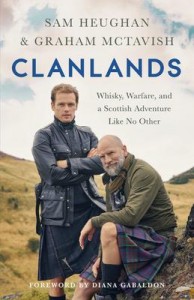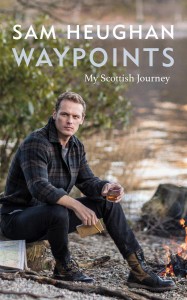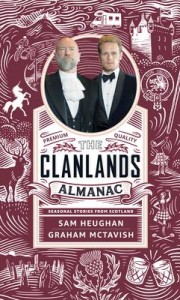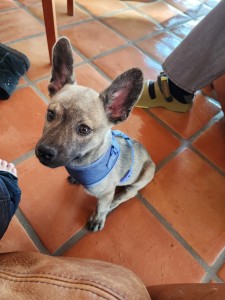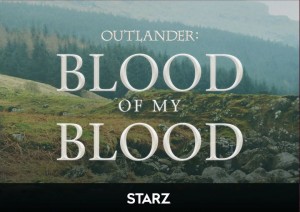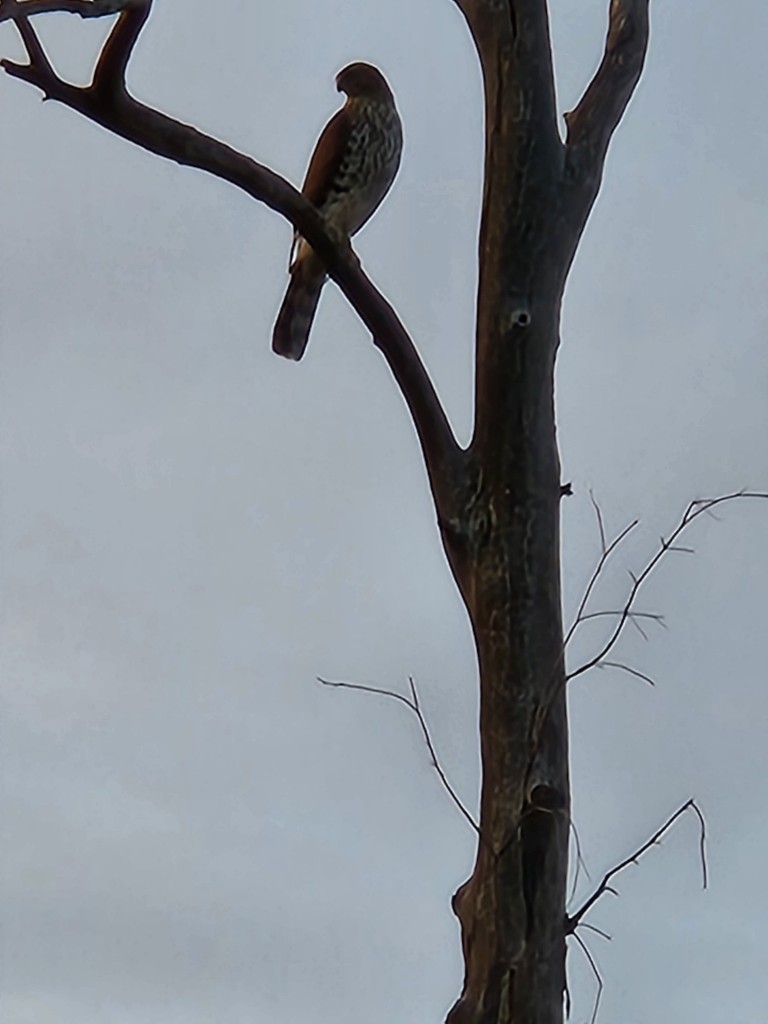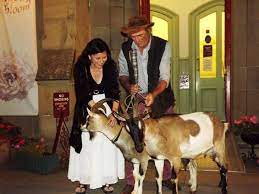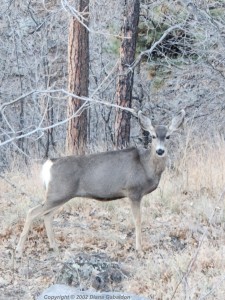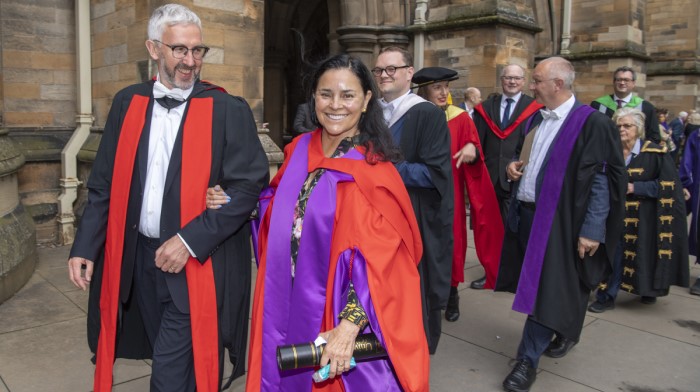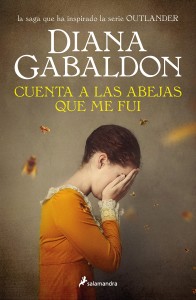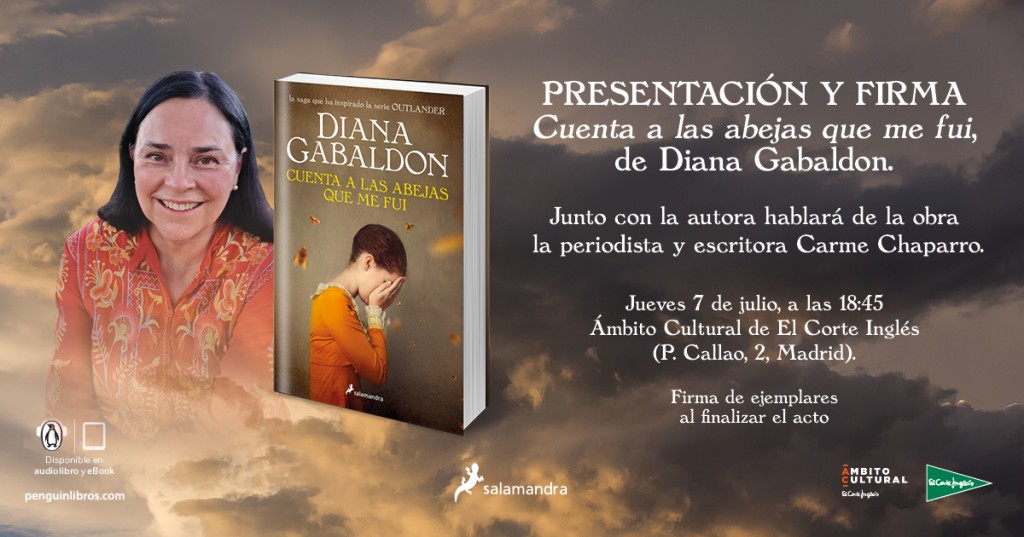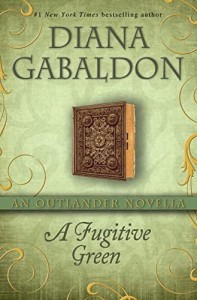 I wrote “A Fugitive Green” for inclusion in the collection of my short(er) fiction titled SEVEN STONES TO STAND OR FALL, first published in 2017.
I wrote “A Fugitive Green” for inclusion in the collection of my short(er) fiction titled SEVEN STONES TO STAND OR FALL, first published in 2017.
Now some of the novellas from that collection are being released as standalone e-books, starting with this one, which…
IS NOW AVAILABLE AS A STANDALONE E-BOOK in Kindle, Nook and Apple’s iBookstore formats. Also as a (wonderful!) audiobook, narrated by the fabulous Jeff Woodman.
Click here to visit my webpage for “A Fugitive Green.” Buy links are available to purchase this ebook or audio version via pull-down menus there.
Or here are some links to popular vendors for the different e-reader devices and formats.
Ebook:
Apple iBookstore Edition (for iPhone, iPad, and Mac)
Nook Edition (Barnes & Noble)
Kindle Edition (Amazon)
Audiobook:
Audiobook (Audible.com)
Audibook (Amazon.com)
Or visit your favorite ebook or audiobook vendor’s website.
If you are curious about the Outlander and Lord John Grey short stories and novellas that I have written, see the list of all my short fiction by title. Where the pieces were published in collections or multi-author anthologies is indicated.
What Is “A Fugitive Green” About? (Plus an Excerpt…)
It’s essentially the story of Minnie Rennie and her not-yet-husband, Harold (Hal), Duke of Pardloe. With a cameo appearance by Jamie Fraser:
In which, a 17-year-old apprentice dealer in rare books is sent from Paris to England by her father, to obtain incunabula and medieval books of devotion – and whatever secrets of political intrigue or finance may come to hand in the process. In the course of her business, though, Minnie meets Harold Grey (Lord John’s elder brother), the newly-widowed (and alarmingly deranged) Duke of Pardloe, and things fall out.
Chapter 1: Survival
Paris, April, 1744
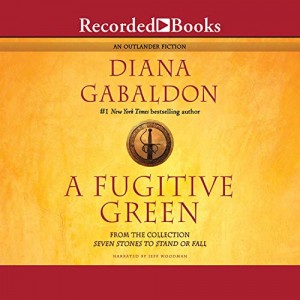 Minnie Rennie had secrets. Some were for sale and some were strictly her own. She touched the bosom of her dress and glanced toward the lattice-work door at the rear of the shop. Still closed, the blue curtains behind it drawn firmly shut.
Minnie Rennie had secrets. Some were for sale and some were strictly her own. She touched the bosom of her dress and glanced toward the lattice-work door at the rear of the shop. Still closed, the blue curtains behind it drawn firmly shut.
Her father had secrets, too; Andrew Rennie (as he called himself in Paris) was outwardly a dealer in rare books, but more privately, a collector of letters whose writers had never meant them to be read by any but the addressee. He also kept a stock of more fluid information, this soaked out of his visitors with a combination of tea, wine, small amounts of money and his own considerable charm.
Minnie had a good head for wine, needed no money, and was impervious to her father’s magnetism. She did, however, have a decently filial respect for his powers of observation.
The murmur of voices from the back room didn’t have the rhythm of leave-taking, no scraping of chairs… she nipped across the book-crammed shop to the shelves of tracts and sermons.
Taking down a red-calf volume with marbled endpapers titled Collected Sermons of the Reverend George V. Sykes, she snatched the letter from the bosom of her dress, tucked it between the pages, and slid the book back into place.
Just in time; there was movement in the back room, the putting down of cups, the slight raising of voices.
Heart thumping, she took one more glance at the Reverend Sykes, and saw to her horror that she’d disturbed the dust on the shelf—there was a clear track pointing to the ox-blood leather spine. She darted back to the main counter, seized the feather-duster kept under it and had the entire section flicked over in a matter of moments.
She took several deep breaths; she mustn’t look flushed or flustered. Her father was an observant man—a trait that had (he often said, when instructing her in the art) kept him alive on more than one occasion.
But it was all right; the voices had changed again—some new point had come up.
She strolled composedly along the shelves and paused to look through the stacks of unsorted volumes that sat on a large table against the west wall. A strong scent of tobacco rose from the books, along with the usual smell of leather, buckram, glue, paper and ink. This batch had plainly belonged to a man who liked a pipe when he read. She was paying little attention to the new stock, though; her mind was still on the letter.
The carter who had delivered this latest assemblage of books—the library of a deceased professor of History from Exeter—had given her a nod and a wink, and she’d slipped out with a market basket, meeting him round the corner by a fruiterer’s shop. A livre tournois to the carter, and five sous for a wooden basket of strawberries, and she’d been free to read the letter in the shelter of the alley before sauntering back to the shop, fruit in hand to explain her absence.
No salutation, no signature, as she’d requested—only the information:
“Have found her,” it read simply. “Mrs. Simpson, Chapel House, Parson’s Green, Peterborough Road, London.”
Mrs. Simpson. A name, at last. A name and a place, mysterious though both were.
Mrs. Simpson.
It had taken months, months of careful planning, choosing the men among the couriers her father used who might be amenable to making a bit extra on the side, and a bit more for keeping her inquiries quiet.
She didn’t know what her father might do, should he find out that she’d been looking for her mother. But he’d refused for the last seventeen years to say a word about the woman; it was reasonable to assume he wouldn’t be pleased.
Mrs. Simpson. She said it silently, feeling the syllables in her mouth. Mrs. Simpson… Was her mother married again, then? Did she have other children?
Minnie swallowed. The thought that she might have half-brothers or sisters was at once horrifying, intriguing… and startlingly painful. That someone else might have had her mother—hers!—for all those years…
“This will not do,” she said aloud, though under her breath. She had no idea of “Mrs. Simpson’s” personal circumstances, and it was pointless to waste emotion on something that might not exist. She blinked hard to refocus her mind, and suddenly saw it.
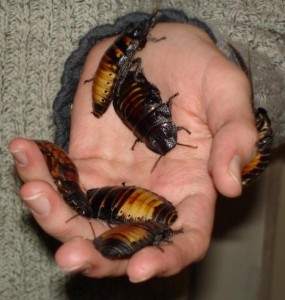 The thing sitting atop a pig-skin-bound edition of Volume III of History of the Papacy (Antwerp) was as long as her thumb, and for a cockroach, remarkably immobile. Minnie had been staring at it unwittingly for nearly a minute, and it hadn’t so much as twitched an antenna. Perhaps it was dead? She picked a ratty quill out of the collection in the Chinese jar and gingerly poked the thing with the quill’s pointy end.
The thing sitting atop a pig-skin-bound edition of Volume III of History of the Papacy (Antwerp) was as long as her thumb, and for a cockroach, remarkably immobile. Minnie had been staring at it unwittingly for nearly a minute, and it hadn’t so much as twitched an antenna. Perhaps it was dead? She picked a ratty quill out of the collection in the Chinese jar and gingerly poked the thing with the quill’s pointy end.
The thing hissed like a tea-kettle and she let out a small yelp, dropping the quill and leaping backward. The roach, disturbed, turned round in a slow, huffy circle, then settled back on the gilt-embossed capital “P” and tucked its thorny legs back under itself, obviously preparing to resume its nap.
“Oh, I don’t think so,” she said to it, and turned to the shelves in search of something heavy enough to smash it with, but with a cover that wouldn’t show the stain. She’d set her hand on a Vulgate Bible with a dark-brown, pebble-grain cover, when the secret door beside the shelves opened, revealing her father.
“Oh, you’ve met Frederick?” he said, stepping forward and taking the Bible out of her hand. “You needn’t worry, my dear; he’s quite tame.”
“Tame? Who would trouble to domesticate a cockroach?”
“The inhabitants of Madagascar, or so I’m told. Though the trait is heritable; Frederick here is the descendant of a long and noble line of hissing cockroaches, but has never set foot on the soil of his native land. He was born—or hatched, I suppose—in Bristol.”
Frederick had suspended his nap long enough to nuzzle inquiringly at her father’s thumb, extended as one might hold out one’s knuckles to a strange dog. Evidently finding the scent acceptable, the roach strolled up the thumb and onto the back of her father’s hand. She twitched, unable to keep the gooseflesh from rippling up her arms.
Mr. Rennie edged carefully toward the big shelves on the east wall, hand cradled next his chest. These shelves contained the salable but less-valuable books: a jumble of everything from Culpeper’s Herbal to tattered copies of Shakespeare’s plays, and—by far the most popular—a large collection of the more lurid gallows confessions of an assortment of highwaymen, murderers, forgers and husband-slayers.
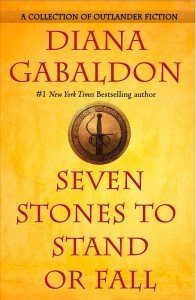 Amid the volumes and pamphlets was scattered a miscellany of small curiosities ranging from a toy bronze cannon and a handful of sharp-edged stones said to be used at the dawn of time for scraping hides to a Chinese fan that showed erotic scenes when spread. Her father picked a wicker cricket-cage from the detritus and decanted Frederick neatly into it.
Amid the volumes and pamphlets was scattered a miscellany of small curiosities ranging from a toy bronze cannon and a handful of sharp-edged stones said to be used at the dawn of time for scraping hides to a Chinese fan that showed erotic scenes when spread. Her father picked a wicker cricket-cage from the detritus and decanted Frederick neatly into it.
“Not before time, either, old cock,” he said to the roach, now standing on its hind legs and peering out through the wicker-work. “Here’s your new master, just coming.”
Minerva peered round her father and her heart jumped a little; she recognized that tall, broad-shouldered silhouette, automatically ducking beneath the lintel in order to avoid being brained.
“Lord Broch Tuarach!” Her father stepped forward, beaming, and inclined his head to the customer.
“Mr. Fraser will do,” he said, as always, extending a hand. “Your servant, sir.”
He’d brought a scent of the streets inside with him: the sticky sap of the plane trees, dust, manure and offal, and Paris’s pervasive smell of piss, slightly perfumed by the orange-sellers outside the theater down the street. He carried his own deep tang of sweat, wine and oak casks as well; he often came from his warehouse. She inhaled appreciatively, then let her breath out as he turned smiling from her father towards her.
“Mademoiselle Rennie,” he said, in a deep Scotch accent that rolled the “R” delightfully. He seemed slightly surprised when she held out her hand, but obligingly bent over it, breathing courteously on her knuckles. If I were married, he’d kiss it, she thought, her grip tightening unconsciously on his. He blinked, feeling it, but straightened up and bowed to her, as elegantly as any courtier.
Her father made a slight sound in his throat and tried to catch her eye, but she ignored him, picking up the feather-duster and heading industriously for the shelves behind the counter—the ones containing a select assortment of erotica from a dozen different countries. She knew perfectly well what his glance would have said.
“Frederick?” she heard Mr. Fraser say, in a bemused tone of voice. “Does he answer to his name?”
“I—er—I must admit that I’ve never called him to heel,” her father replied, a little startled. “But he’s very tame; will come to your hand.” Evidently her father had unlatched the cricket-cage in order to demonstrate Frederick’s talents, for she heard a slight shuffle of feet.
“Nay, dinna bother,” Mr. Fraser—his Christian name was James; she’d seen it on a bill of sale for a calf-bound octavo of Persian Letters with gilt impressions—said, laughing. “The beastie’s not my pet. A gentleman of my acquaintance wants something exotic to present to his mistress—she’s a taste for animals, he says.”
Her sensitive ear easily picked up the delicate hesitation before “gentleman of my acquaintance.” So had her father, for he invited James Fraser to take coffee with him, and in the next instant, the two of them had vanished behind the lattice-work door that concealed her father’s private lair, and she was blinking at Frederick’s stubby antennae, waving inquisitively from the cricket-cage her father had dropped onto the shelf in front of her.
“Put up a bit of food for Mr. Fraser to take along,” her father called back to her from behind the screen. “For Frederick, I mean.”
“What does he eat?” she called.
“Fruit!” came a faint reply, and then a door closed behind the screen.
She caught one more glimpse of Mr. Fraser when he left half an hour later, giving her a smile as he took the parcel containing Frederick and the insect’s breakfast of strawberries. Then he ducked once more beneath the lintel, the afternoon sun glinting off his bright hair, and was gone. She stood staring at the empty door.
Her father had emerged from the back room as well, and was regarding her, not without sympathy.
“Mr. Fraser? He’ll never marry you, my dear—he has a wife, and quite a striking woman she is, too. Besides, while he’s the best of the Jacobite agents, he doesn’t have the scope you’d want. He’s only concerned with the Stuarts, and the Scottish Jacobites will never amount to anything. Come, I’ve something to discuss with you.” Without waiting, he turned and headed for the Chinese screen.
A wife. Striking, eh? While the word “wife” was undeniably a blow to the liver, Minnie’s next thought was that she didn’t necessarily need to marry Jamie Fraser. And if it came to striking, she could deal a man a good, sharp buffet in the cods herself. She twirled a lock of ripe-wheat hair around one finger, and tucked it behind her ear.
She followed her father, finding him at the little satin-wood table. The coffee-cups had been pushed aside, and he was pouring wine; he handed her a glass and nodded for her to sit.
“Don’t you think of it, my girl.” Her father was watching her over his own glass, not unkindly. “After you’re married, you do what you like. But you need to keep your virginity until we’ve got you settled. The English are notorious bores about that, and I have my heart set on an Englishman for you.”
[Excerpt from A FUGITIVE GREEN, Copyright © 2017 Diana Gabaldon.]
The image of the Madagascar Hissing Cockroaches is courtesy of Wikipedia and Gnu.
This blog entry was also posted on my official Facebook page.
Posted on July 30, 2022 6:30 AM
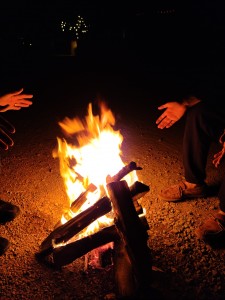 Sorry to be MIA—we went to New Orleans for several days (just for fun, weirdly enough <g>—ate, slept, walked around looking at interesting things and listening to great music) and I didn’t take my laptop with me.
Sorry to be MIA—we went to New Orleans for several days (just for fun, weirdly enough <g>—ate, slept, walked around looking at interesting things and listening to great music) and I didn’t take my laptop with me.